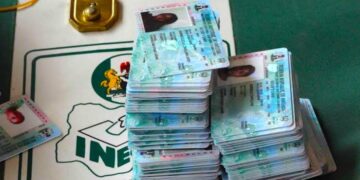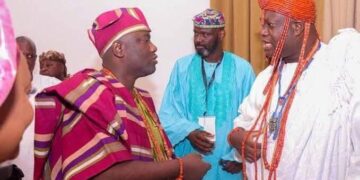The American government has ordered Nigerian visa applicants to disclose their social media profiles and activities from the past five years, warning that failure to comply could lead to visa rejection.
But in a swift counter, the Federal Government vowed to mirror the new US visa policy with equal measures.
The US Mission in Nigeria issued the warning via its official X handle yesterday, cautioning that defaulters could also be denied future entry into America.
Reports suggest that this rule expands an earlier policy targeting international student visa seekers, which required them to list their social media handles and remove privacy settings to enable proper vetting.
According to the Mission, the measure is part of the Trump administration’s immigration clampdown to “ensure national security.”
Under the rule, applicants must provide details such as User IDs, email addresses, usernames, handles, and phone numbers used across all platforms in the last five years.
Applicants who used multiple platforms or several usernames and numbers must list them on the DS-160 form.
“Visa applicants are required to list all social media usernames or handles of every platform they have used from the last five years on the DS-160 visa application form. Applicants certify that the information in their visa application is true and correct before they sign and submit.
“Omitting social media information on your application could lead to visa denial and ineligibility for future U.S visas.
“Enter information associated with your online presence, including the types of online providers\platforms, applications and websites that you use to collaborate, share information and interact with others. List the username, handle, screen name and other identifiers associated with your social media profile,” the Mission stated.
Meanwhile, the U.S. Citizenship and Immigration Services (USCIS) has introduced a tougher ‘Good Moral Character’ policy for naturalisation applicants.
The rule requires immigration officers to move beyond criminal record checks to assessing behaviour, community contributions, and compliance with societal norms such as volunteering, holding steady employment, paying taxes, and pursuing education.
US revokes 6,000 student visas
The US State Department disclosed that 6,000 student visas have been revoked since Secretary of State Marco Rubio assumed office seven months ago.
According to the Department, the majority of these revocations were linked to offences such as assault, DUI, burglary, and support for terrorism. Around 4,000 were law violations.
Though no breakdown by nationality was provided, Rubio has pledged aggressive action, particularly against Chinese students. He confirmed daily visa cancellations, targeting activist students critical of Israel, and branding them as anti-Semitic—charges the activists reject.
In two high-profile cases, however, the administration faced judicial setbacks. Mahmoud Khalil, a US permanent resident and pro-Palestinian activist, and Rumeysa Ozturk, a Turkish graduate student, were both freed after judges ruled against their detention.
Rubio argued that visa issuance and revocation fall under administrative powers not subject to judicial review, stressing that non-citizens do not enjoy US constitutional free speech rights.
FG vows equal response
Reacting to the development, Ministry of Foreign Affairs spokesman, Kimiebi Ebienfa, confirmed that Nigeria was briefed in advance of the policy.
He insisted that the Federal Government would adopt reciprocal measures, subjecting US citizens applying for Nigerian visas to the same requirements.
“We are aware of the development. I think it’s part of the new measures they informed us before now that they will implement. Well, they mentioned those issues before.
“So, on things of this nature, the best we can do is to carry out reciprocal action. Some people from the US might want to apply for a visa, and we will adopt the same measures.
‘’I think that’s what the government might do because anything visa is reciprocal. What you are mandating our nationals to do, we will also mandate your citizens applying for our visa to do,’’ he said.
He added that the Federal Government will hold an inter-agency meeting with the Ministry of Interior and the National Intelligence Agency (NIA) to agree on a coordinated response.
Yesterday’s announcement is the latest in a string of visa restrictions against Nigerians, part of President Trump’s broader crackdown to curb even legal immigration.
Recently, the US limited most Nigerian non-immigrant and non-diplomatic visas to single-entry with three-month validity, citing visa overstays and reciprocity as reasons.
The Mission had stressed that US visa criteria are part of a global reciprocity framework designed to “protect the integrity of US immigration systems.”
Other measures already in place include threats of denial and permanent re-entry bans for Nigerians who overstay their visas.
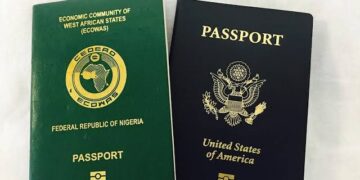









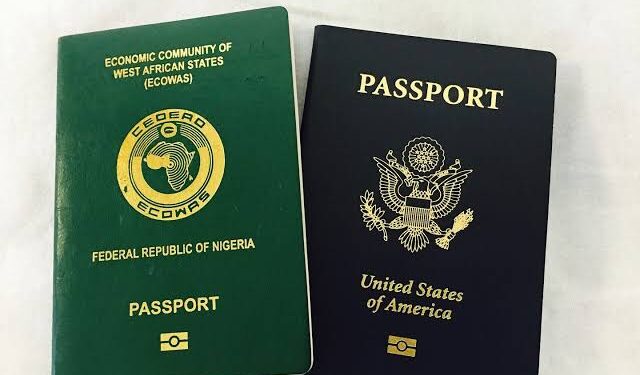
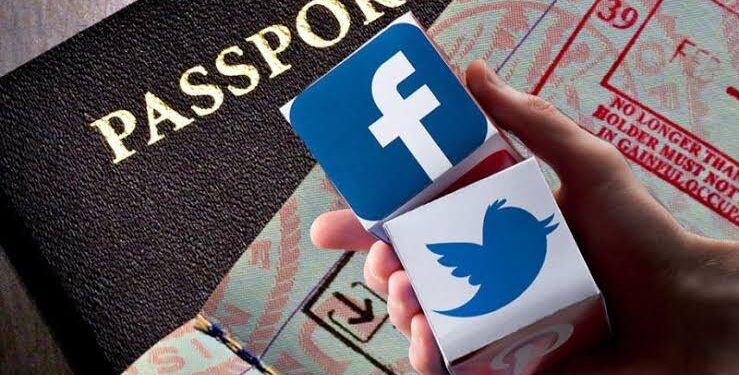
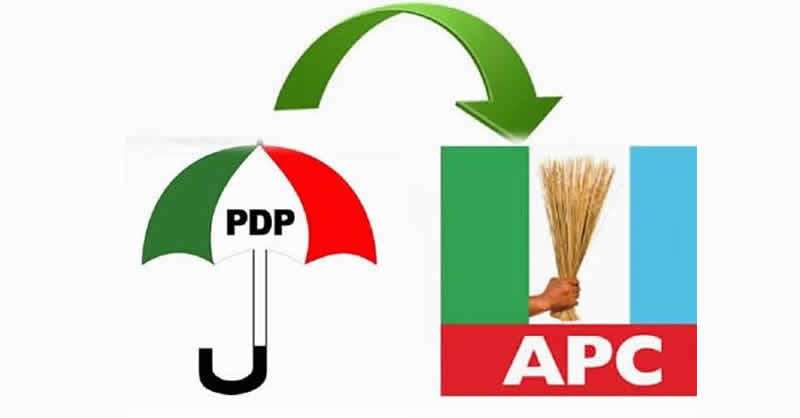
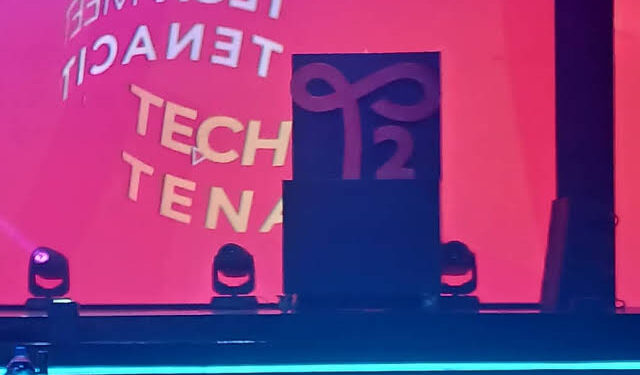

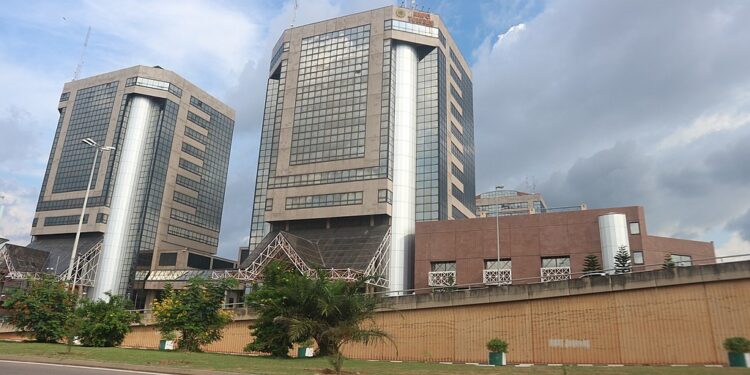

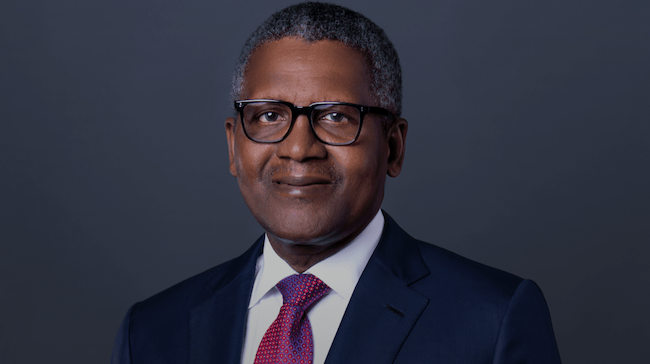
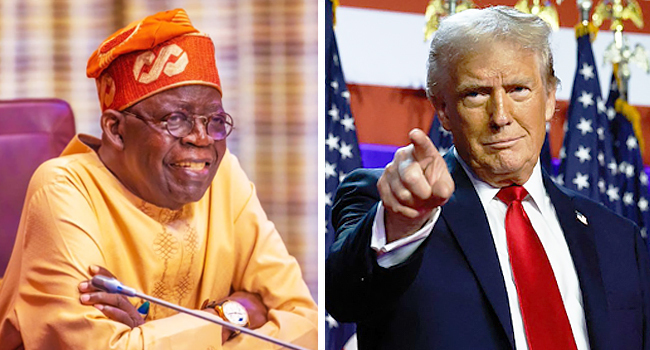
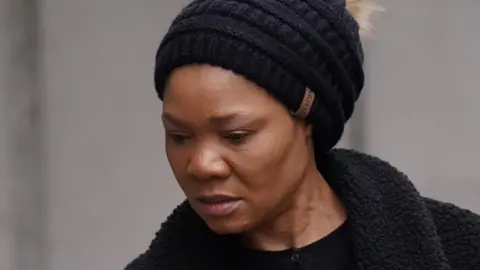
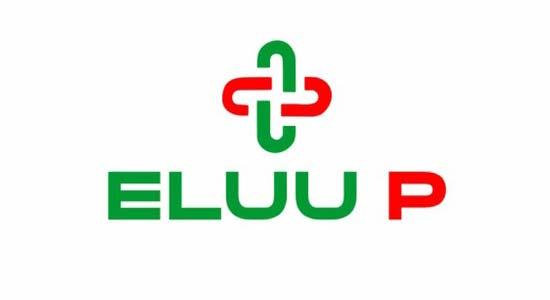
![El-Rufai accuses Tinubu of Sponsoring Crises in PDP, Labour Party, others [Video]](https://ideemlawful.com/wp-content/uploads/2025/03/images-2-23-120x86.jpeg)
